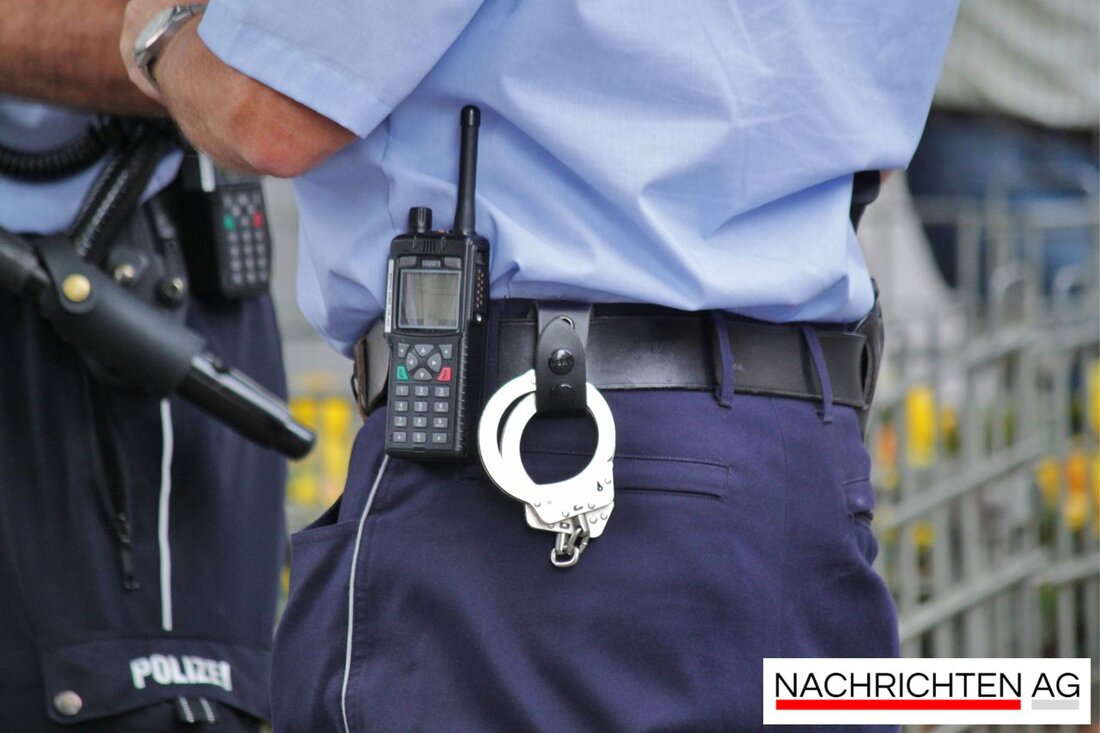Cologne is burning: anti-war march escalates – dozens injured!
Anti-war demonstration in Cologne on August 30, 2025: 3,000 participants, peaceful start, escalating conflicts with the police.

Cologne is burning: anti-war march escalates – dozens injured!
There was a massive anti-war demonstration in Cologne on August 30, 2025, in which up to 3,000 people took to the streets to protest against war and conscription. The march, which was initially peaceful, ended in violent clashes between demonstrators and the police in the evening. According to participants, police surrounded people, resulting in 40 to 60 injuries who were referred for medical attention but were not allowed to go to hospital. The police, however, claimed that the demonstrators had attacked police officers; Current information on injured demonstrators was not available. Police deployed a large contingent to escort the demonstration, while participants were asked to remove their masking.
Some of the protesters carried eye-catching banners with messages such as “We will not die in your wars” and “No to conscription.” The demonstration was clearly directed against the increasing militarization of Germany and called for the demilitarization of the country. According to WDR, the police stopped the march at Heumarkt because many participants showed up with flagpoles and sticks, which violated the requirements.
Cautious freedom or repression?
The ongoing conflicts surrounding freedom of assembly also raise questions that go beyond the Cologne demonstration. According to Amnesty International, Germany is for the first time identified as a country in which the right to freedom of assembly is increasingly restricted. The organization observes a growing trend to criminalize protests as a threat to public safety, which makes it more difficult for citizens to exercise their basic right to freedom of assembly.
Paula Zimmermann, an expert on freedom of expression and assembly at Amnesty, expressed concern about the repressive legislation and the use of preventive detention, which is sometimes used against climate activists. Criminalization of protests has increased in various cities in recent years. For example, in Berlin all demonstrations surrounding Nakba Remembrance Day in May 2023 were banned with the argument that they could pose a threat to public order.
The Cologne disputes are just one example of a larger trend that also affects other regions of Germany. Various initiatives, including those from peace and pro-Palestinian groups, had gathered before the actual demonstration and pointed out the absolutely necessary friendship between peoples, especially between Germany and Russia. Not only was the militarization of Germany criticized, but a clear rejection of the conscription law was also called for.
The course of the Cologne demonstration and the escalating conflicts show once again how important it is to stand up for one's own convictions - and at the same time to promote an open dialogue that respects diversity and preserves freedom of assembly in Germany.

 Suche
Suche
 Mein Konto
Mein Konto